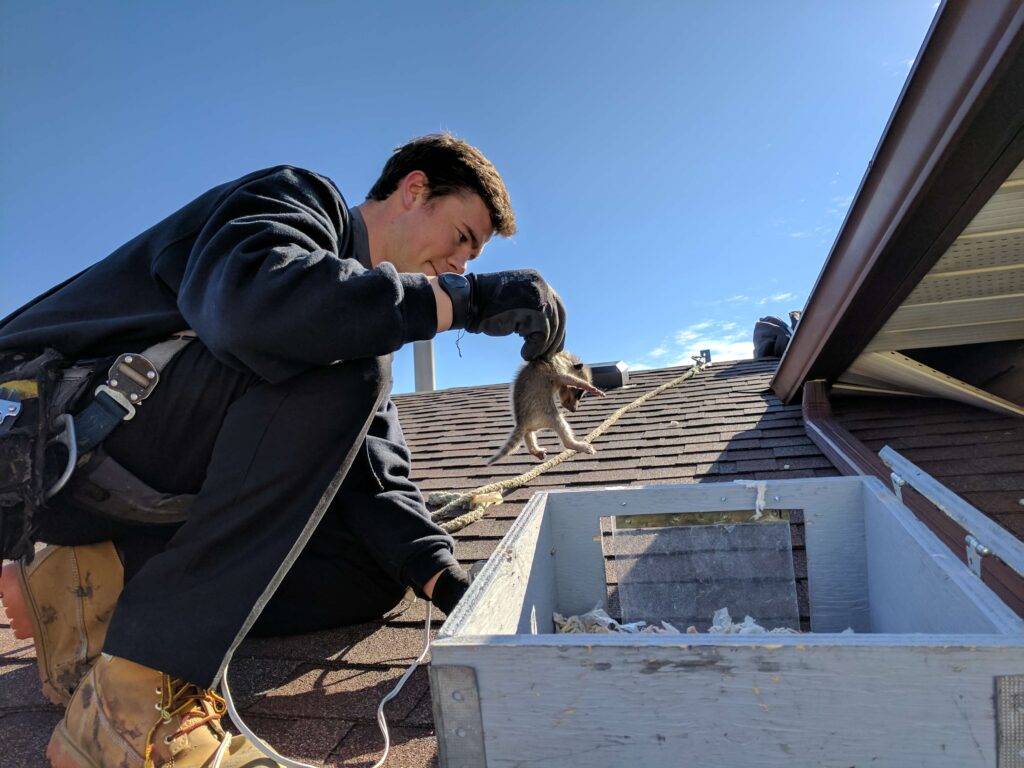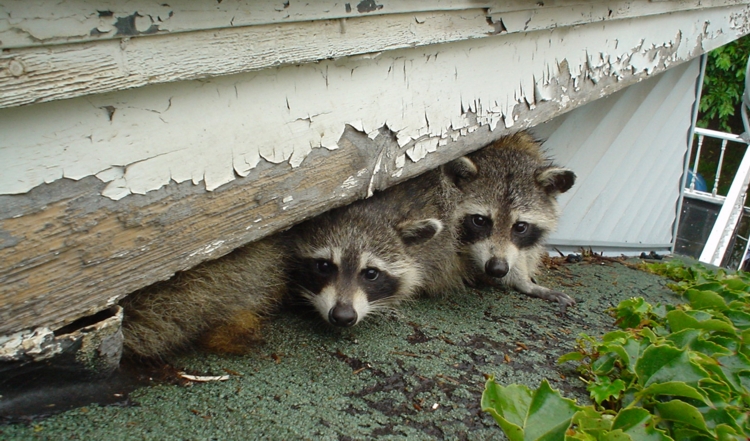There are many reasons why you need professional raccoon removal in Victoria if you find one or more of the animals on your property. While raccoons are generally calm creatures, they can become aggressive under certain circumstances. Even when raccoons aren’t aggressive, close contact with them can put you at risk. Therefore, you should never approach raccoons or attempt to handle them yourself.
When Do Raccoons Display Aggressive Behaviour?
Raccoons become aggressive when they feel threatened. Human beings are much larger than raccoons. Therefore, a raccoon may feel threatened if you approach one. You may want to try to help the raccoon, but the animal doesn’t understand your intentions. If you approach it, the raccoon may become scared, and the fear may manifest as aggressive and self-defensive behaviour.
Nevertheless, a raccoon does not automatically attack even if it does feel threatened. Its first instinct is typically to try to escape. If you keep your distance and leave an escape route for the raccoon, it typically prefers to run away rather than fight. Generally, it is only when it is cornered that it attacks.
There are a couple of exceptions to this general rule. Wild animals know instinctively to hide their vulnerabilities to protect themselves from predators. Illness is a vulnerability, so a sick raccoon may behave aggressively to compensate for its weakness. Furthermore, if the raccoon is infected with rabies, the disease may affect its brain so that it just lashes out aggressively without really knowing what it is doing.
Mother raccoons are very protective of their babies, which are too little and helpless to fend for themselves. A mother raccoon that perceives a threat to her and her babies will not run away. Rather, she will fight to protect her offspring.
Why Should You Avoid Contact With Raccoons?
Raccoons generally do not attack humans without provocation. If a raccoon becomes aggressive, it is because it perceives you as a threat. Therefore, you should never approach raccoons or attempt to handle them.
Raccoons are frequent carriers of rabies. If a raccoon bites or scratches you in self-defence, it could spread the disease to you. Rabies has a long incubation period and can be prevented in humans with post-exposure vaccination. However, once symptoms emerge, there is no cure for rabies, and it is usually fatal.
Raccoons can expose you to other diseases besides rabies. For example, a bite from a raccoon may expose you to tetanus, a bacterial infection that causes muscle spasms. Tetanus can cause your lower jaw to become so stiff that you can’t open your mouth to eat.
Even if you do not contract a disease from a raccoon, their teeth and claws are very sharp and powerful. You could receive serious injuries from a raccoon attack. The injuries may be so severe that you could potentially die from loss of blood.
You not only need to keep clear of raccoons yourself; you also have to prevent your pets from having contact with them. As with humans, a raccoon attack can cause serious injury to a dog or cat. Raccoons can also spread diseases to pets that humans cannot get, such as distemper, parvovirus, and canine hepatitis.
What Should You Do About Raccoon Removal in Victoria?

If you find a raccoon on your property, you should always keep your distance, which can be tricky if you come upon it in an enclosed space, such as an attic or crawlspace. If you suspect raccoons in your home but haven’t actually seen them, you should call Skedaddle for an assessment of your property rather than trying to look for them.
We can inspect your property for raccoons, and if we find them, we can remove them humanely from your home without harming them or putting your family at risk. Find out more about the services we offer related to wildlife removal on Vancouver Island.



